Sometimes we listen to those older than us. Sometimes we don’t. It’s the way things are, and have always been if we’ve watched old television shows and films. Things that don’t get said often tend to be lost in our collective memories.
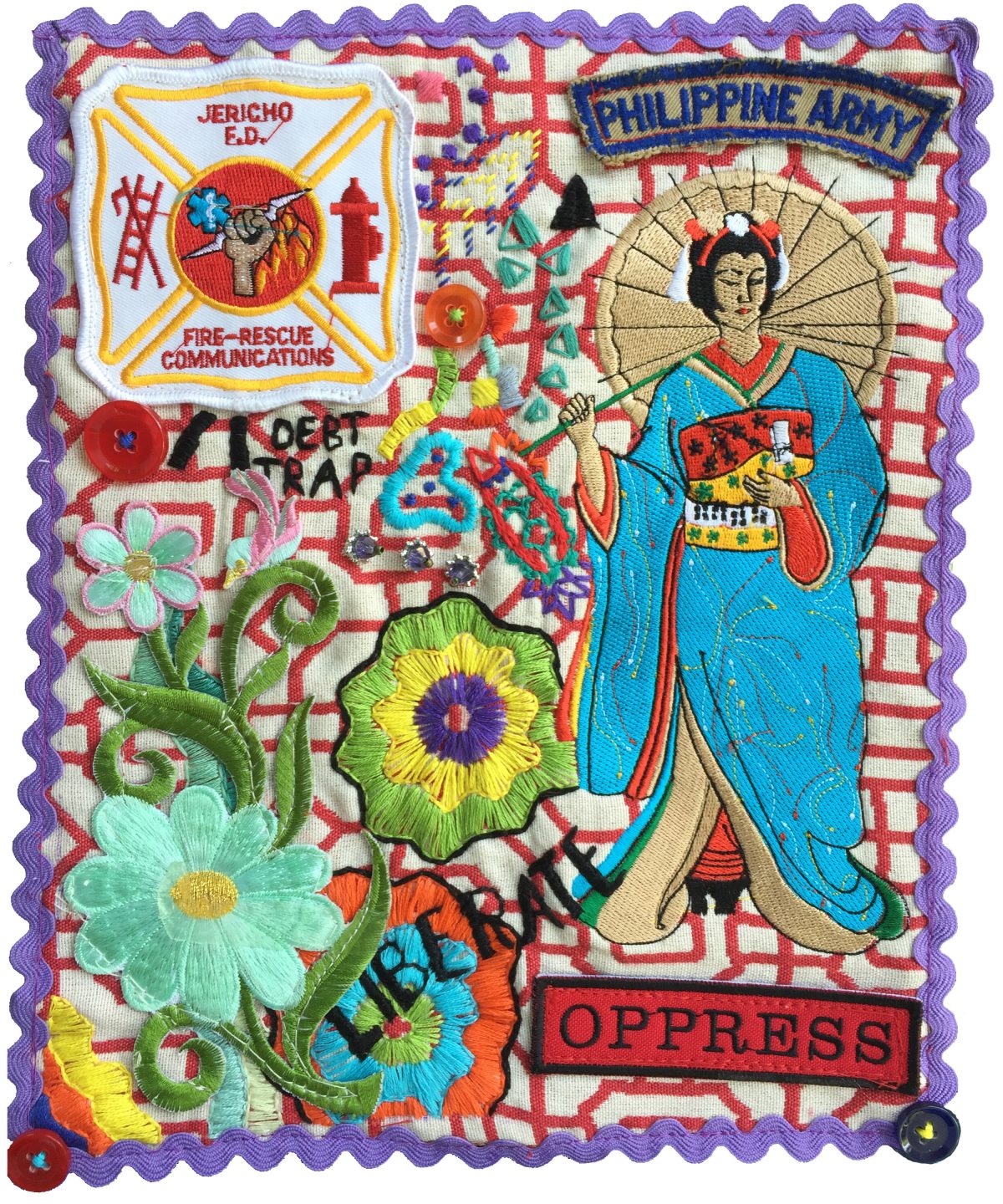
But Liv Gloria, a textile artist hailing from Bacolod, aims to cultivate the best of Visayan culture and heritage while also making an effort to coalesce messages about women empowerment, persons-with-disabilities (PWDs), indigenous peoples (IPs), and the LGBTQ+ community. These were the usual topics of discourse in her recent exhibit PANAHI, while also featuring pieces covering our national heroes. Despite being a generation or two above us, her efforts dispel the myth that older people aren’t necessarily conservative. Quite contrary to what we think, her wisdom through the years inform her work, sharpening it to a fine point.
We take a look at Liv’s body of work, and how she gives her take on them:
Can you tell us about when and how you started textile art?
I have been experimenting with different subjects and media when I decided to try textile sometime in 2013. It was the medium that spoke to me the most, and I had the deepest conversation with. Working on textile made me reflect more on my spirituality and sense of being.
Was there any specific inspiration?
I started with the thought of hand embroidery using images of 17th century botanical prints. I was intrigued, at the same time amazed, by the process of how these works were commissioned, and what these unambiguous images objectify in the context of the golden age of art history.
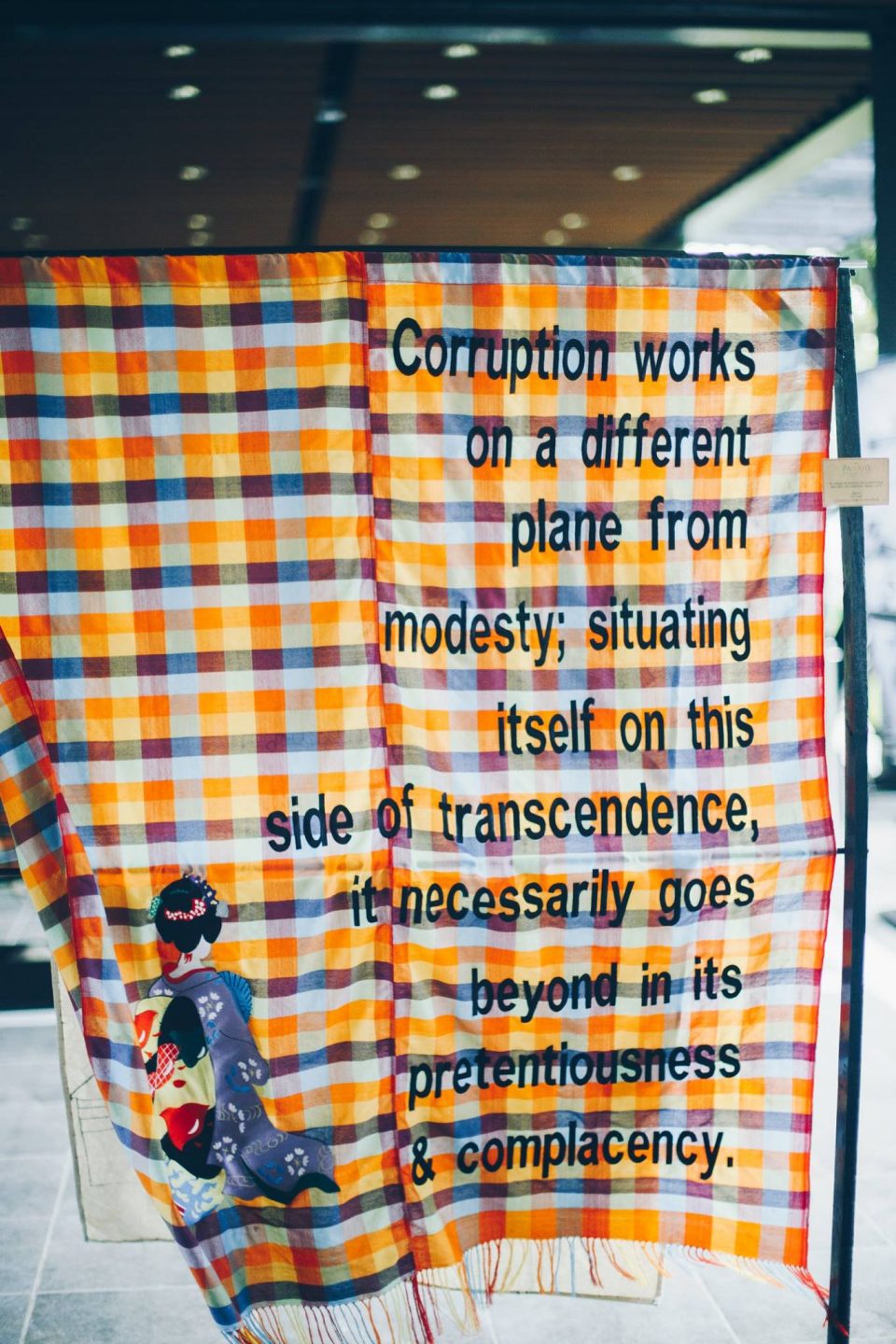
Given that you already have a family, how often do you do your art? How has your family been influencing your craft?
My family is an integral part of me, same as my art, so I always find time. I do my art whenever, wherever I have the chance to do so. Textile and needlework are very flexible and non-intrusive.
I can do my art quietly, without the need for a big studio space.
I can do my art quietly, without the need for a big studio space. I can do it in the bedroom before I go to sleep, or I can do it in the garden during daytime. I also enjoy the time that I spend on sourcing my materials as much the actual work itself.
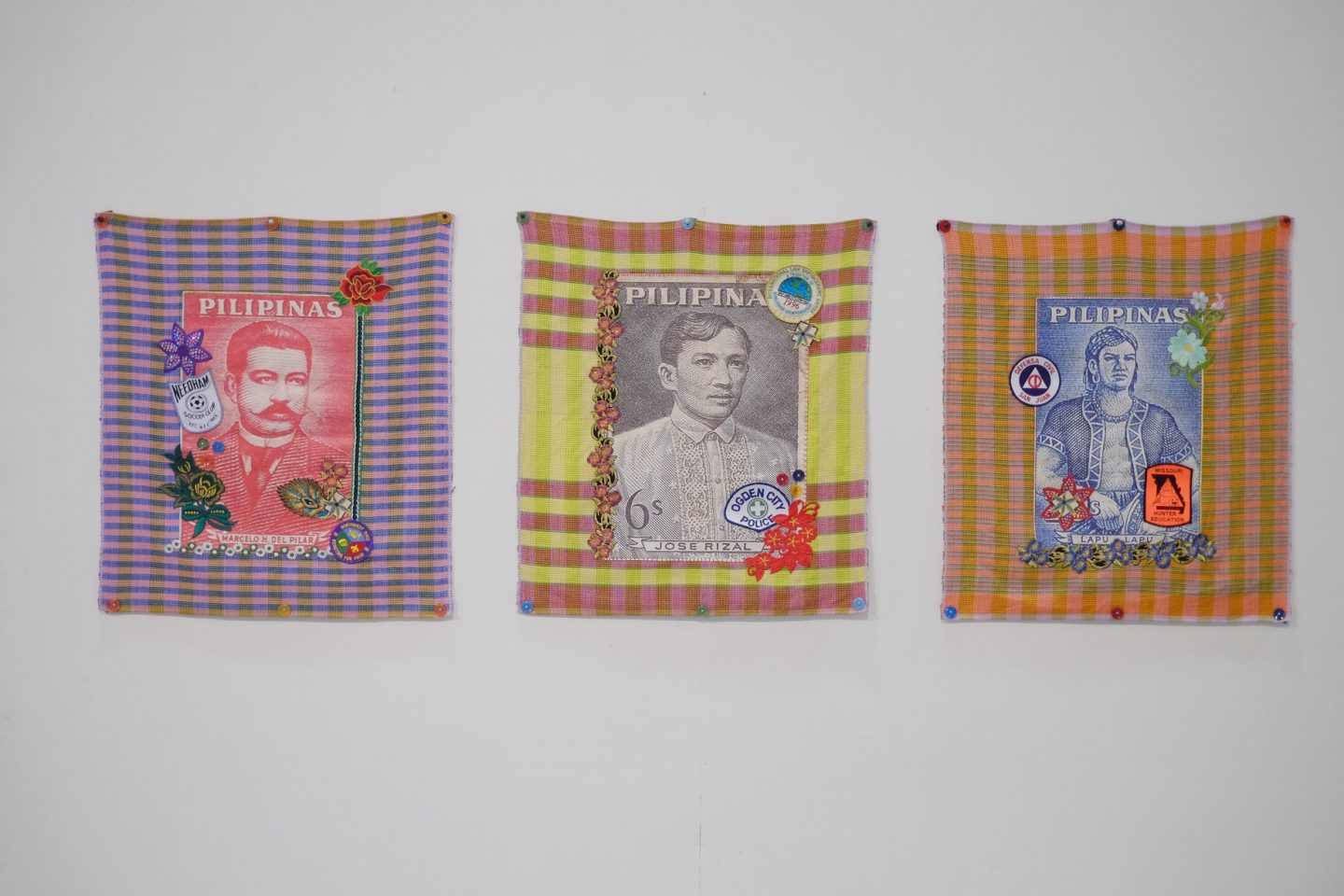
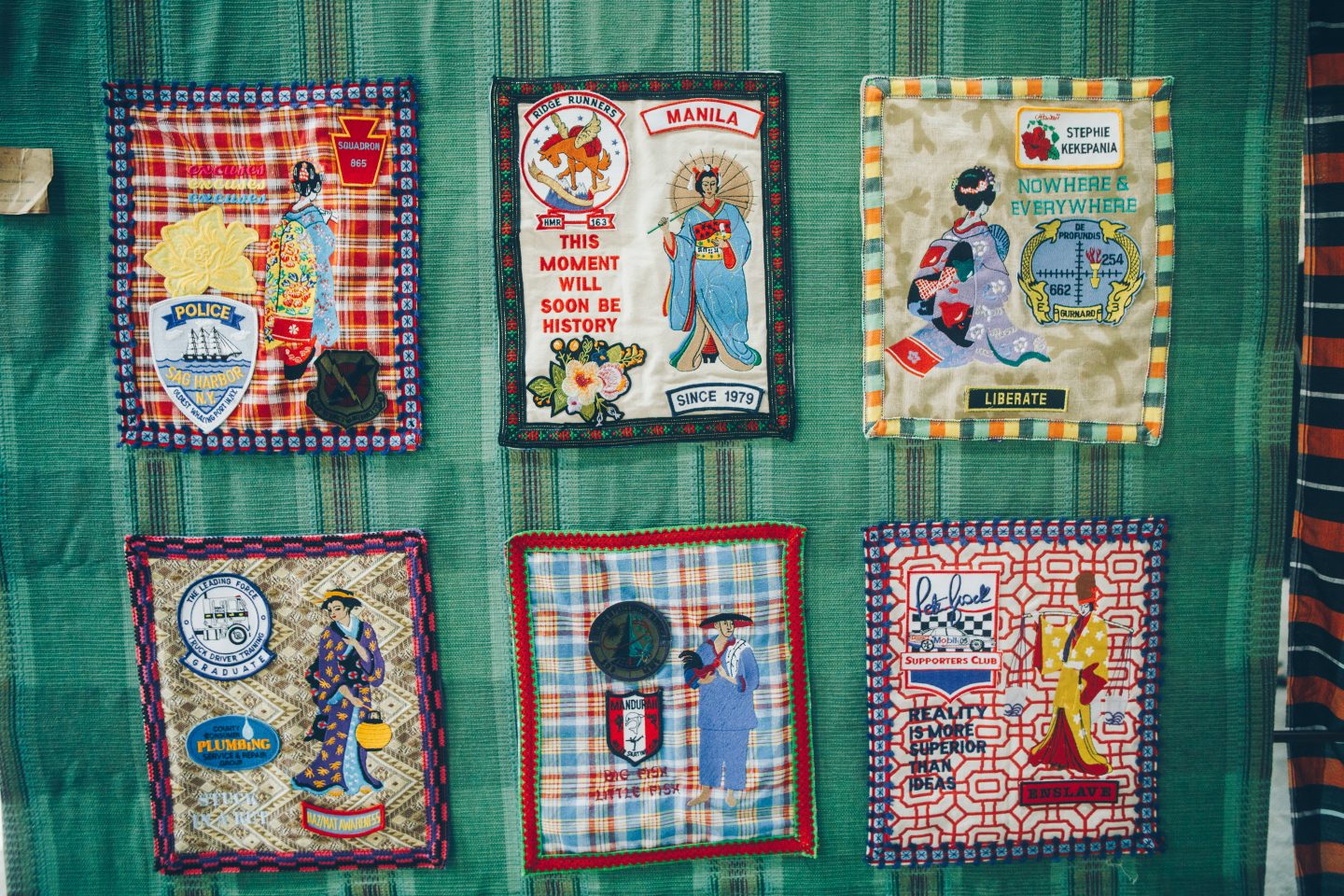
On Twitter, your work gained a lot of attention through Twitter user @hubineer’s tweet about your art that said “really hopeful she’ll be able to bring more discourse about gendering of dominant mediums. She is aware that her working in textile is a political act.” Can you expound on this? What socially relevant messages have you been pursuing?
I’m grateful that my work sparked his (@hubineer) own personal and internal conversation, and the formation of his opinion. How the viewer is affected by the work adds more meaning and expands the original intention of the work.
My work requires me to be more contemplative and introspective.
My work requires me to be more contemplative and introspective. I guess that would be the most relevant message I’d be trying to make if I were to make a difference, and to making this world a better place.
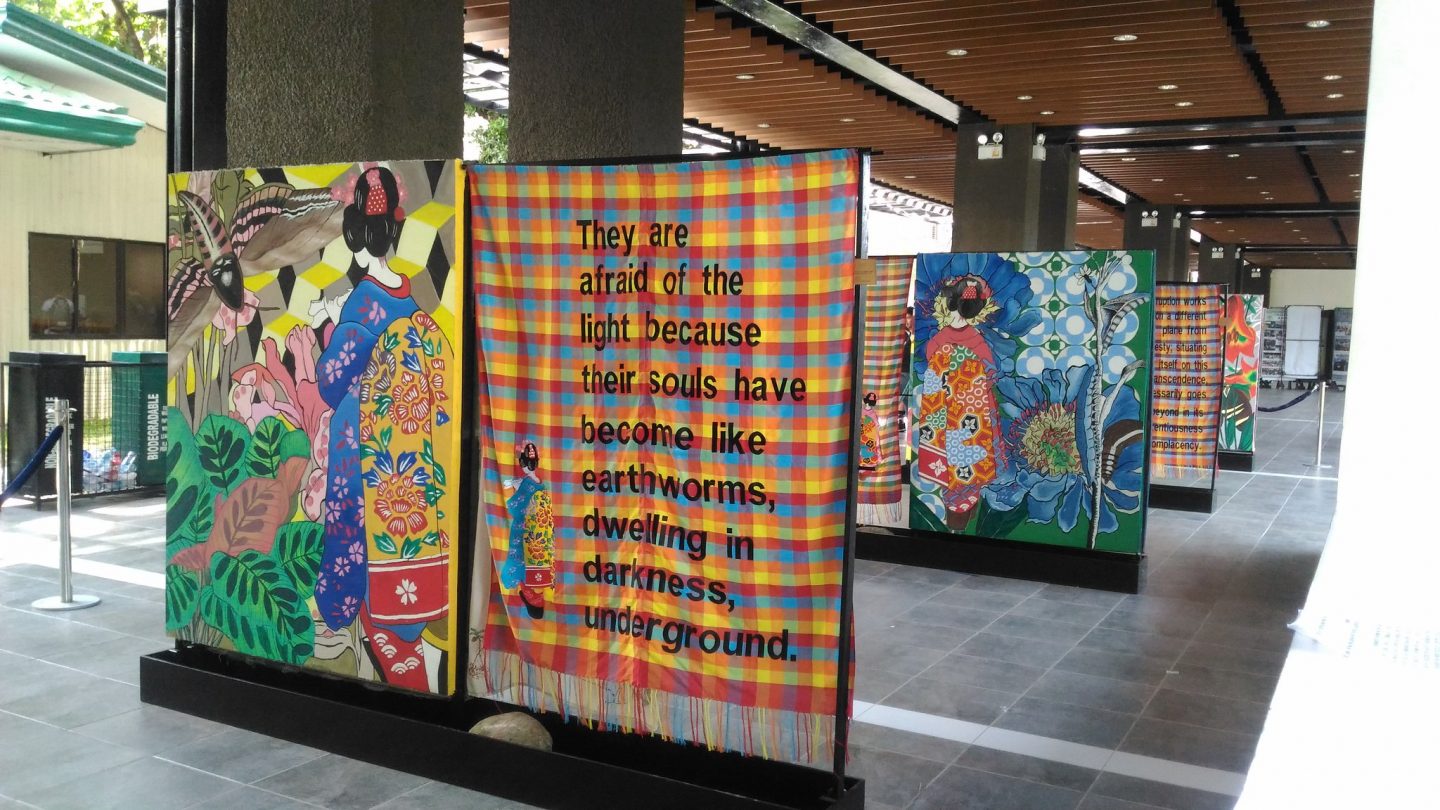
Using your art, if there’s anything you’d like to tell the youth, what would it be?
It would be presumptive of me “to tell the youth” anything. I think that I am in no position to tell anyone anything with my art. Like all art, meaning lies in people and not in the work. It is people who give meaning to the work, and meaning is neither right nor wrong. Perhaps the reflection I’d like to pose is what meaning does the work draw out of the youth? What meaning does my work inspire from others? That would be more interesting to learn from them, instead of me imposing meaning though my work.
Liv is currently affiliated with the Artists’ Hub of the University of St. La Salle. Check out more of her work here.
Interview by Jelou Galang
Photos from Liv Gloria and PANAHI: Visayan Contemporary Textile Art Facebook page


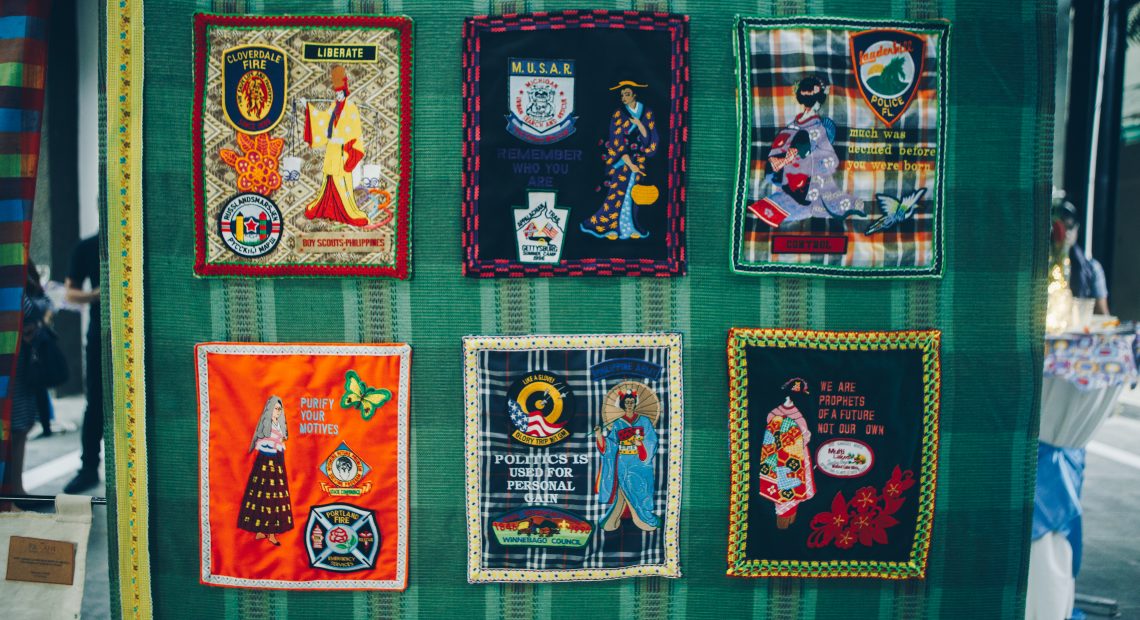













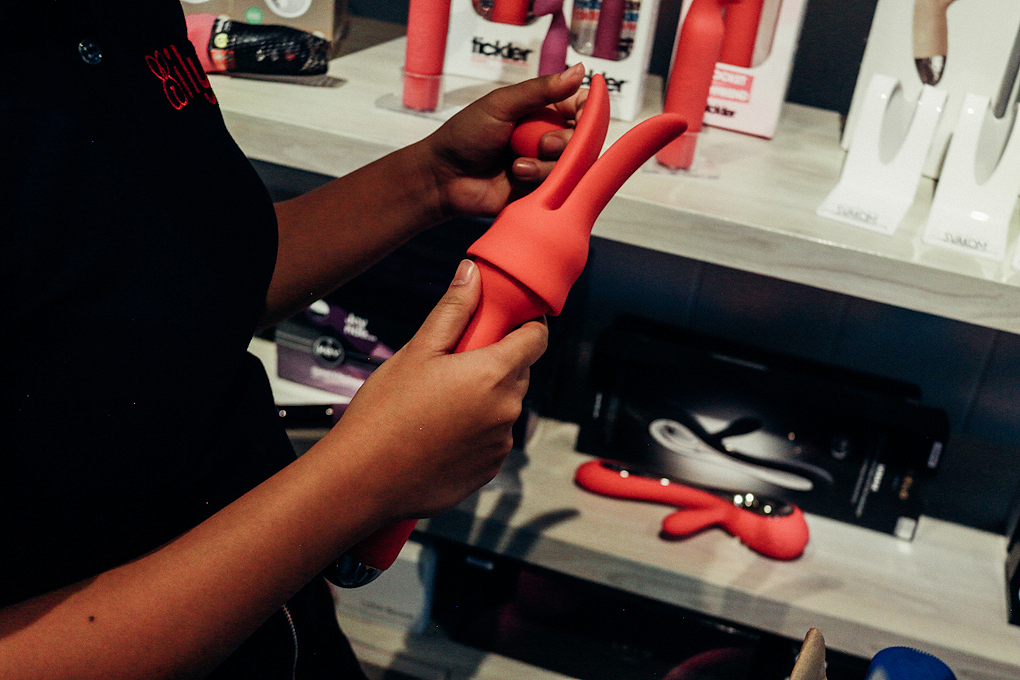

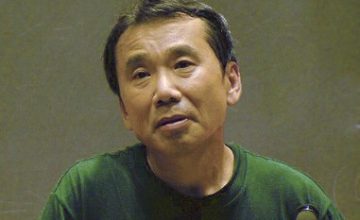






Comments